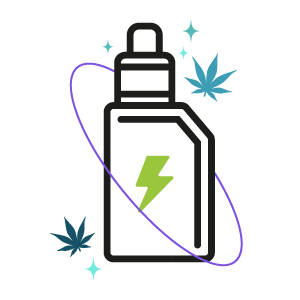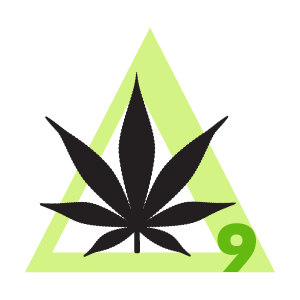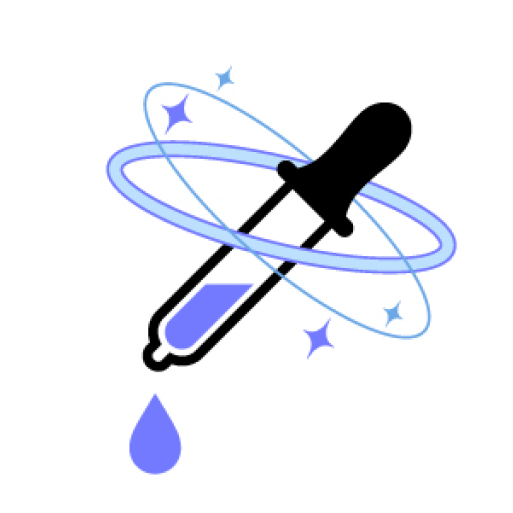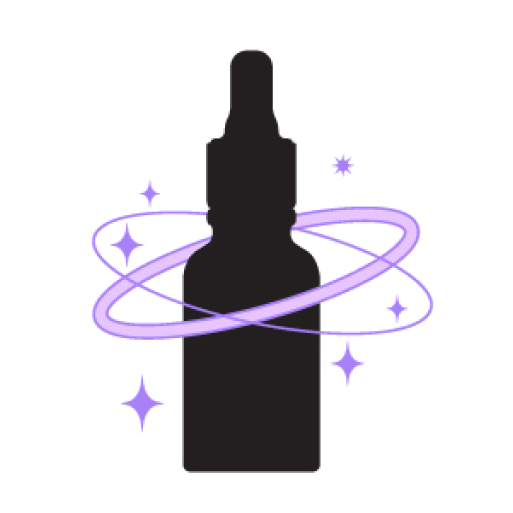Fact or Fiction: Can You Get Addicted to THC-P?
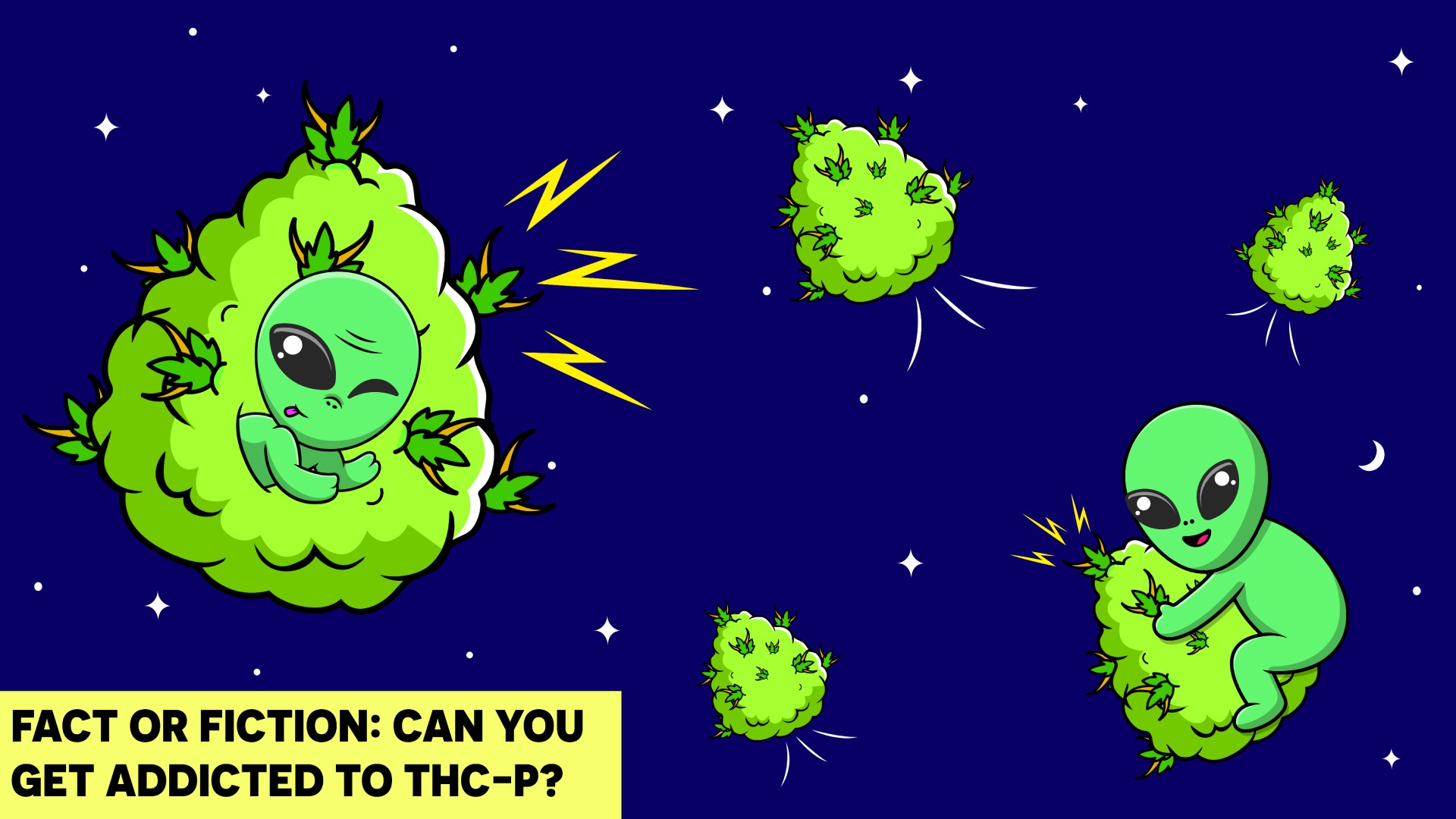
Did you know that THC-P, aka tetrahydrocannabiphorol, is an extremely sought-after cannabinoid these days? Well, now you do, and it would be easy to see why. THC-P is reported to offer a psychoactive high that’s about 10x as intoxicating as delta 9 THC, the key cannabinoid in marijuana that causes intoxication. What this all means is, taking tetrahydrocannabiphorol can get you very high, and users report feelings of intense euphoria which make it all the more desirable.
But, you may be wondering if such a powerful intoxicant can cause some kind of dependency issue, either physical or mental. While we’re still learning a lot about THC-P, we can offer some answers to put your mind at ease based on the information that is available to us.
What We are Still Learning About THC-P
THC-P (tetrahydrocannabiphorol) is a naturally occurring cannabinoid that exists in extremely trace amounts in the hemp plant. It’s one of about 120 known cannabinoid that make up the flowering buds of the plant. THC-P was only discovered in late 2019, which is why you’ve never even heard of it until recently.
What we know about THC-P is that it binds to CB1 receptors at about 31-33 times the rate of delta 9 THC. CB1 receptors are cannabinoid receptors found in the nervous system that use cannabinoids to produce psychoactive effects, as well as other effects that may regulate nervous system functions. Now, since THC-P works on these receptors at such a stronger rate than that of delta 9, it’s estimated that THC-P’s high is, once again, about 10x as potent as delta 9’s.
Because THC-P has only been on our radar for a couple of years, it’s not surprising that data and clinical research is limited. What this ultimately means is that we don’t have any actual data to reference to determine whether or not THC-P has been found to be addictive.
Can You Get Addicted to THC-P?
First off, we need to talk about the difference between a physical addiction and a mental one. A physical addiction means that the body has come to depend on a substance in order to function, and stopping use of that substance causes a host of physiological symptoms. A mental addiction, on the other hand, means that the person has become mentally dependent on the substance, mainly to regulate their mood, and so stopping use of that substance causes more psychological symptoms.
While we don’t have definitive information about whether or not tetrahydrocannabiphorol is addictive, we know that overall, cannabinoids are not linked to causing a heavy physical dependency. But, a person can become mentally addicted to any substance, depending on a couple of primary factors. Allow us to elaborate.
Factor #1: Our Brain Chemistry Unique
Like we said, a person may become psychologically dependent on any substance based on how their brain is wired. As we learn more and more about the nature of addiction, we’re finally starting to understand how a person’s unique neurotransmitter balance can determine the likelihood of them becoming addicted to a specific substance. Addiction has a lot to do with a neurotransmitter called dopamine, which makes us feel “rewarded” by boosting our mood after we perform an action. It seems that the brain’s dopamine response can be genetically indicated, or affected by things like mood disorders that make it difficult for a person to regulate their emotions on their own.
If we learn that taking THC-P makes us feel better, then someone who is prone to mental addictions can come to depend on the cannabinoid to feel good each day. If our bodies learn that we can only feel good if we consume THC-P, then stopping THC-P usage means the brain will go through a period of having to learn how to regulate emotions on its own.
For instance, THC-P is known for its mood-boosting properties. A person who struggles with a low mood, such as those with a serotonin deficiency, may feel as though they need to take THC-P each day, or else they’ll feel depressed. The problem is that by failing to teach the brain to regulate mood without any substances, a person is at a high risk of becoming dependent on any substance that gives them a mood boost.
Factor #2: How Often You Use THC-P Can Matter
Another thing to keep in mind is that how often you take THC-P, or any substance, can determine the level of dependency. If you’re constantly high on THC-P, then your brain may struggle to readjust to what it feels like to not have any in your system. If you only take THC-P once a week or so, you’ll likely find that you’re not going to become dependent on it, since your brain is sober for most of the time.
Can You Get Withdrawal Symptoms by Stopping THC-P?
Overall, most people who you meet who use THC-P products aren’t addicted to it. Tetrahydrocannabiphorol hasn’t been linked to physical dependency, and so, it does not seem to cause dangerous withdrawal symptoms as other commonly used substances like alcohol and certain medications.
Now, if you’ve developed some sort of mental dependency on THC-P, you may go through a short period of time during which you have mental withdrawal symptoms. The most common ones are irritability and heightened stress levels. So, if you’re using THC-P as a sleeping aid, you may find that for a short while, your brain needs to readjust to the ability to fall asleep without the use of cannabinoids. Again, this period should be short-term – typically, a couple of weeks at most.
Final Thoughts
Ultimately, THC-P has not been found to create a dependency any more than any other cannabinoid in the hemp plant, even while it’s significantly more intoxicating than most that many of us are familiar with. The thing to always keep in mind is that you can become mentally addicted to pretty much anything. But, the key takeaway is that taking THC-P does not seem to cause a dangerous physical dependency that would cause harmful withdrawal symptoms were you to stop taking it.

